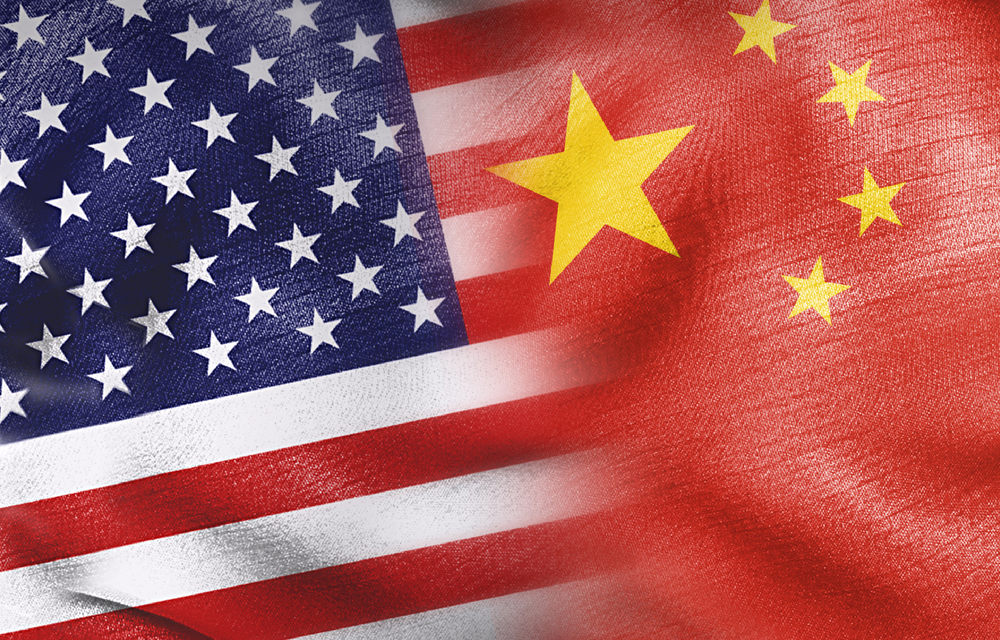
China’s Ministry of Commerce on Monday accused the United States of actions that “seriously violate” the trade consensus between the two countries. These include issuing AI chip export control guidelines, halting sales of chip design software to Chinese firms, and plans to revoke visas for Chinese students.
The statement referenced a recent China-U.S. joint agreement to reduce tariffs, aimed at easing trade tensions between the world’s two largest economies. However, China says the U.S. has provoked new economic and trade frictions that undermine the agreement.
The 90-Day Tariff Truce and Rising Tensions
Last month’s truce created a 90-day pause on escalating tariffs, during which both sides agreed to reduce their respective tariffs—U.S. tariffs on Chinese goods dropped from 145% to 30%, and China’s tariffs on American goods fell from 125% to 10%.
Despite this, the truce has done little to resolve underlying trade disputes. China insists it has honored its commitments by canceling or suspending tariffs and non-tariff measures, while the U.S. accuses China of slow-walking compliance.
Trump’s Escalating Trade Rhetoric
President Trump intensified tensions on Friday, accusing China of “totally violating” the agreement in a social media post, declaring he would no longer be “nice” on trade issues.
Later in the Oval Office, Trump said he planned to speak with Chinese President Xi Jinping to work out differences but maintained that China had breached the deal.
In addition to tariffs, the Trump administration announced plans to revoke visas for Chinese students, impacting over 275,000 individuals studying in the U.S.
Both nations are competing to lead in advanced technologies such as artificial intelligence. The U.S. seeks to limit China’s access to cutting-edge computer chips, while China aims to assert dominance in the Asia-Pacific region, including influence over Taiwan, a close U.S. ally and tech powerhouse.
What The Author Thinks
The ongoing tariff truce between China and the U.S. appears fragile at best, as recent actions from both sides suggest deep mistrust and competing strategic interests. Trade negotiations alone cannot resolve the broader geopolitical rivalry playing out in technology, security, and influence. The escalation around chip restrictions and student visas highlights how intertwined economics and national security have become, making it unlikely that tariff talks will fully stabilize relations anytime soon.
Featured image credit: Wikimedia Commons
For more stories like it, click the +Follow button at the top of this page to follow us.
